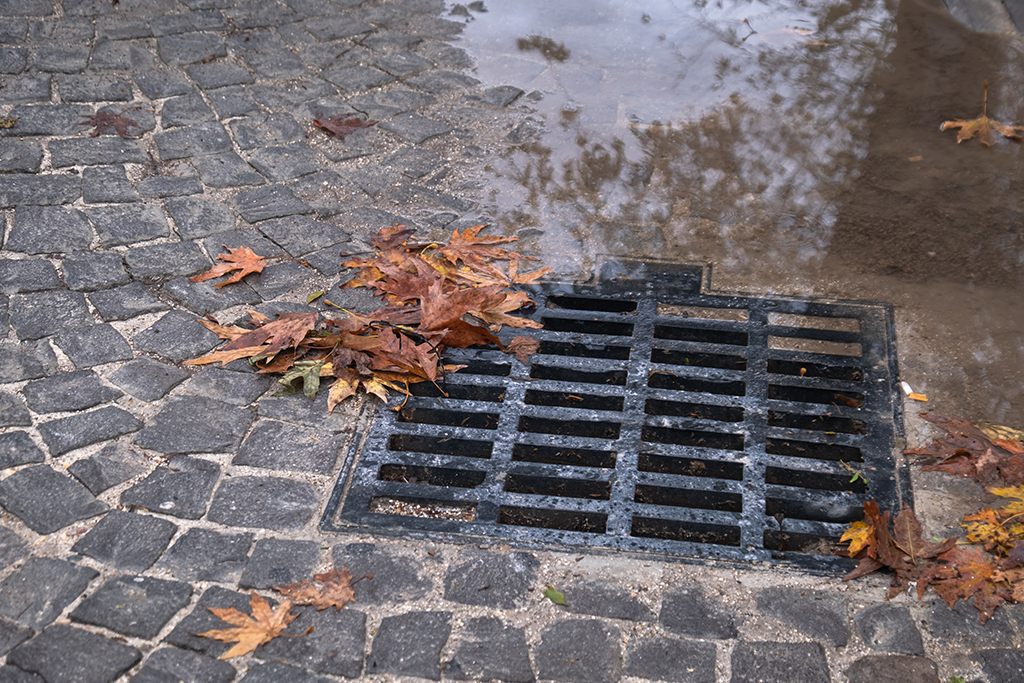January 31, 2023
Why homes maintenance to combat mould is a growing priority
Damp conditions leading to the growth of mould in homes is a perennial problem....

But climate change means homes are more likely to be affected by floods than blizzards in the years ahead, with implications for drainage maintenance, says Catalyst Services UK Operations Director Paul Duddle.
Plummeting temperatures, ice and snow, and their impact on issues like travel and heating bills have been in the news for days. But volatile weather and heavy rain triggered by global warming is likely to be the more significant long-term story.
“The risk of flooding will be the key issue during winter in the UK in the coming years. Indeed, the floods in Greater Manchester and on other areas this month make that clear,” explained Paul Duddle.
“This has serious implications for management of drainage systems, both in terms of planned maintenance, to prepare them for heavy rain, and reactive maintenance after flooding has occurred.”
With this in mind, Catalyst’s drainage experts recommend that property owners in areas affected by flooding, even where it is relatively localised, should consider carrying out a number of maintenance checks in the coming days.
Flood waters can carry silt, soil and vegetation debris into surface water and sewer pipes, increasing the risk of blockages. Make sure drain gullies are clear and look out for signs of blockages, including slow draining of pipes.
Culverted water courses running through, or close to, properties should also be checked. Debris can build up on pipe grates and culverts can be clogged with silt. This could increase flood risks the next time it rains heavily, unless the culvert is cleaned.
If rain water is pooling on lawns or driveways, or foul pipes are draining slowly, consider having the drainage system professionally cleaned to remove blockage material and restore its capacity.
Mary has extensive experience of her own home being flooded and now raises awareness and campaigns on the issue, with detailed advice on a wide range of flood topics, including building flood resilience, developing a household flood plan, and home flood recovery.
Heavy and prolonged rain and flooding can also adversely affect off-mains drainage systems, such as cesspools, septic tanks and sewage treatment plants, plus associated facilities, such as drainage fields.
During a flood event like this, the property owner should do all they can to minimise the pressure on the off-mains drainage tank by minimising water usage.
As soon as possible afterwards, they should call in a drainage specialist with off-mains drainage expertise to inspect the system and carry out any work needed to ensure it is working optimally once more.
It is not advisable to empty off-mains drainage systems, especially older ones, while groundwater remains high, as the pressure on the tank could result in it being damaged.
Paul Duddle said: “As a drainage specialist delivering services for insurance clients and their customers, Catalyst has a great deal of experience of responding to these urgent issues.
“For example, we regularly respond to claims made by home owners in flooding hotspots like Carlise in Cumbria and along the River Severn in Worcestershire, Herefordshire, and Gloucestershire.
“Our work involves flushing drains after flooding, inspecting sewers and off-mains drainage systems for damage, and putting in mitigation measures, such as backflow valves, to reduce future flood risk.
“We can also help property owners minimise risks caused by flooding, for example by reviewing the capacity and condition or drainage systems. The cost of being prepared is always much, much less than the cost of damage caused by flooding.”
Talk to Catalyst today about inspecting drains, sewers and off-mains drainage systems after flood events and flood damage prevention measures.
Telephone: 0333 004 8008. Email: [email protected].